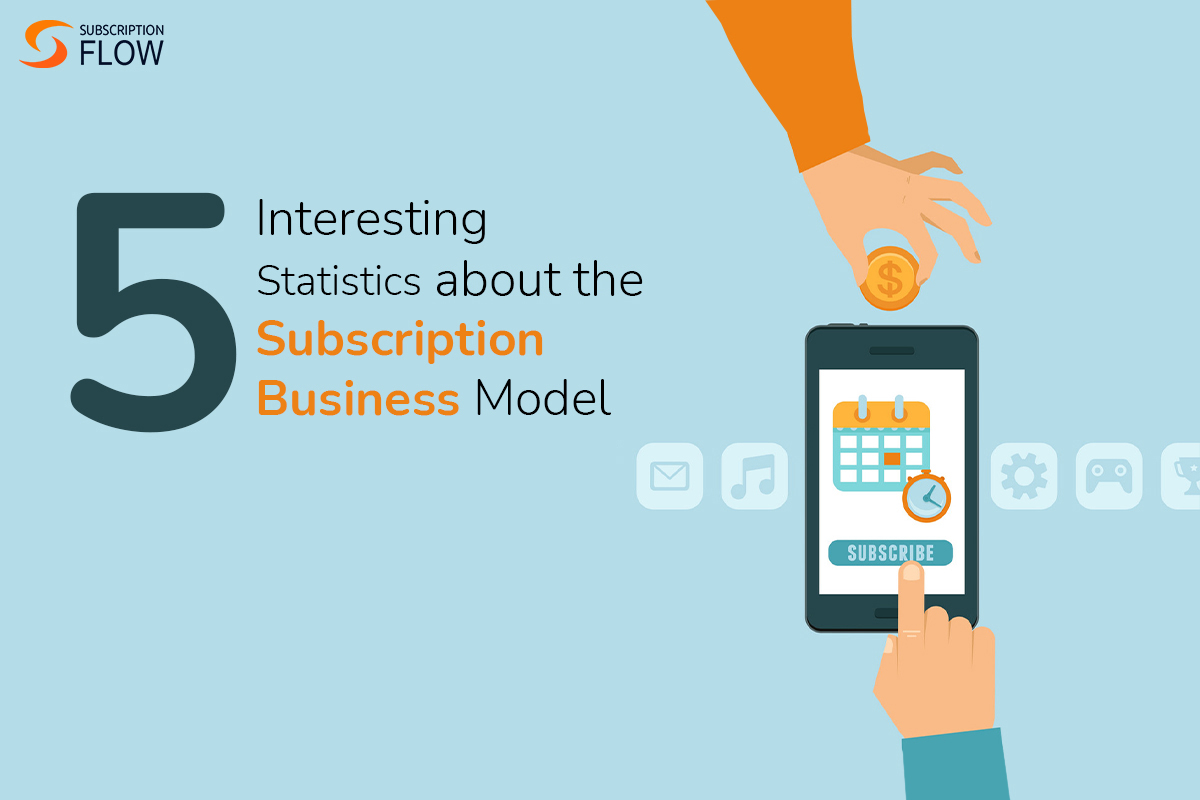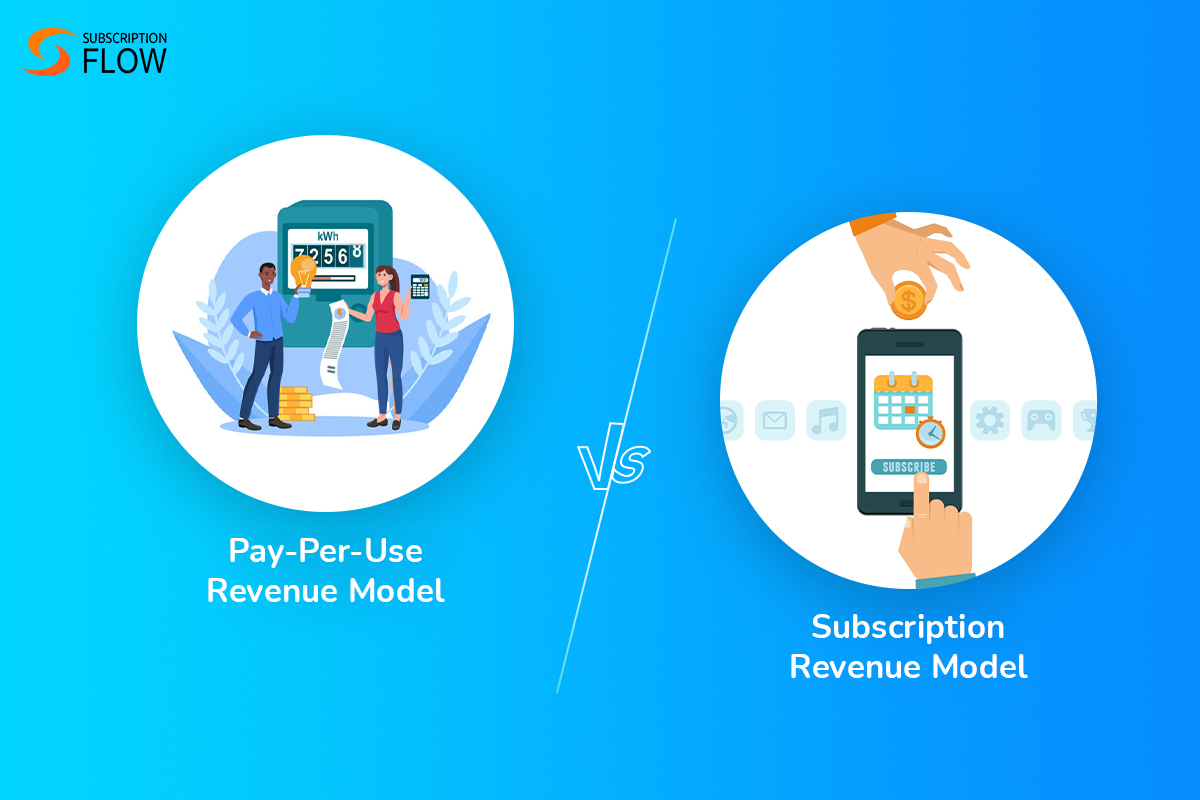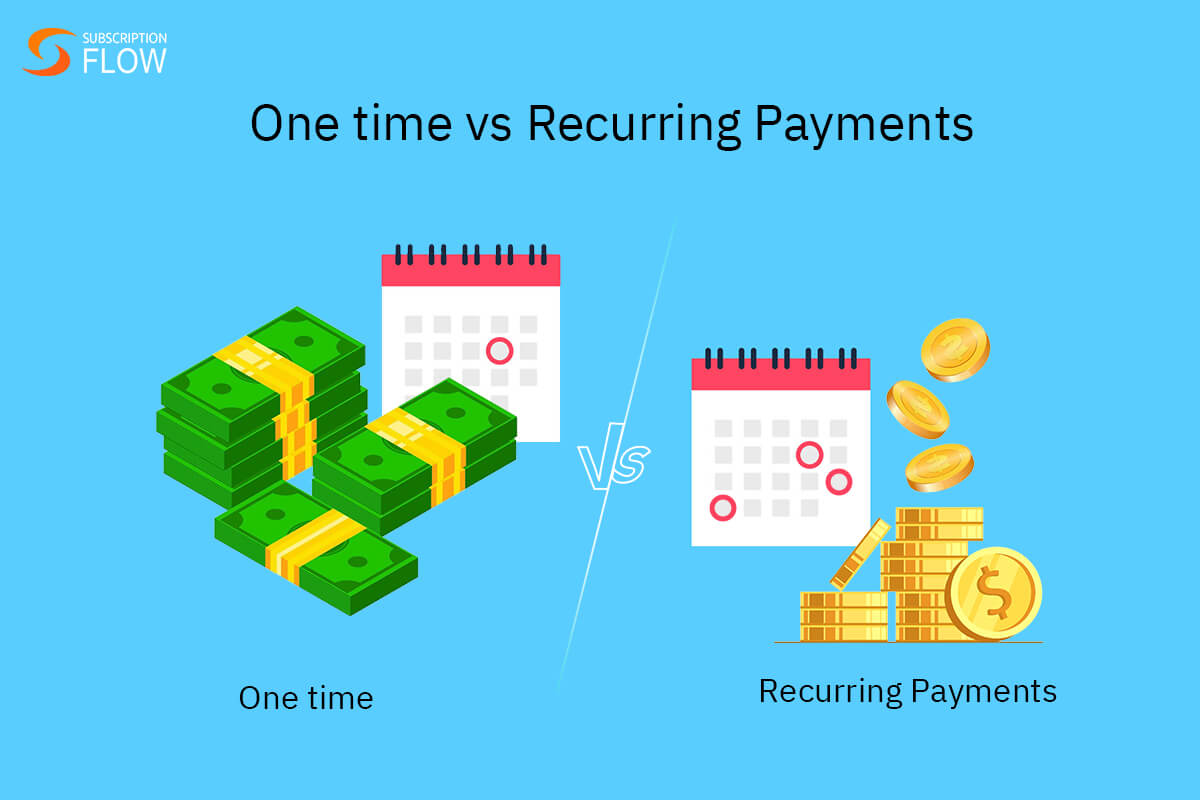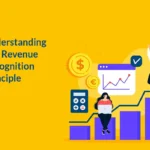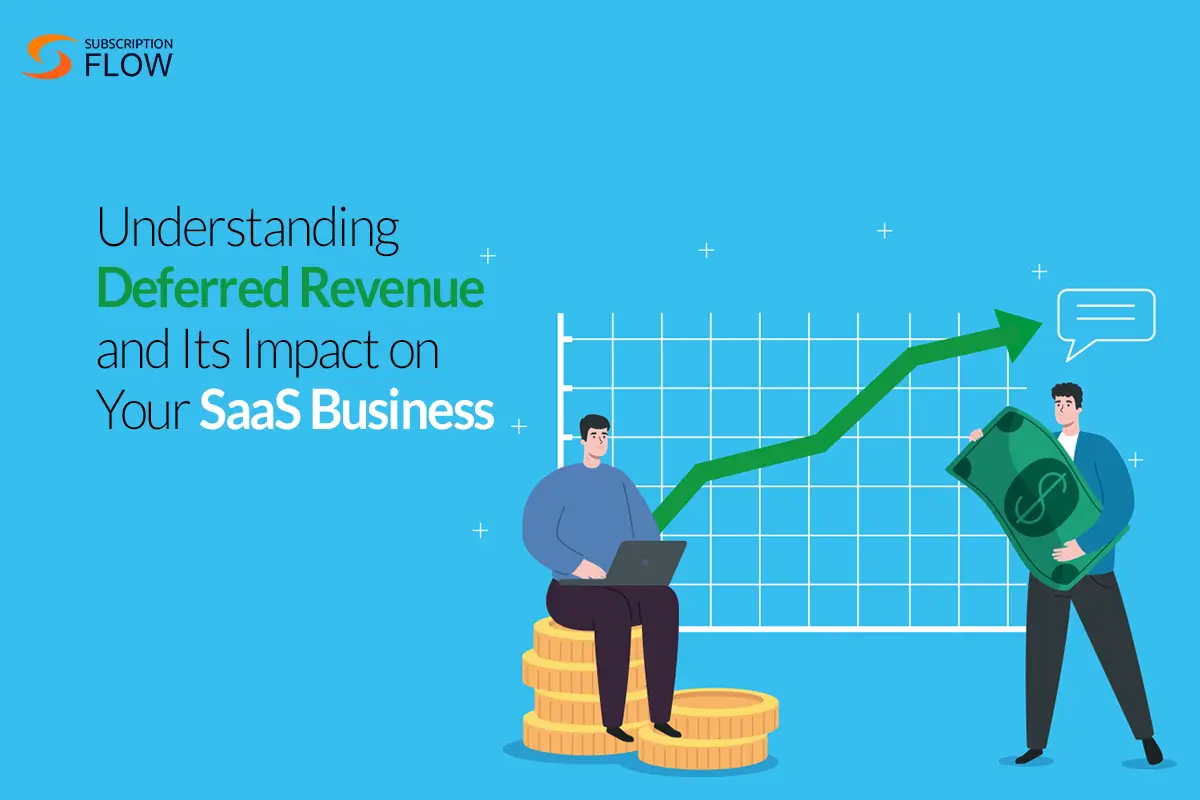
Understanding Deferred Revenue and Its Impact on Your SaaS Business
Deferred revenue refers to the income that you have collected, but not yet earned. The GAAP (Generally Accepted Accounting Principles) issued by the FASB (Financial Accounting Standards Board), inform businesses when their revenue should be recognized. For more knowhow on this issue, access our Understanding The Revenue Recognition Principle blog.
GAAP also tells you when your revenue should fall under the “earned” umbrella and when under the “deferred” umbrella. A business only earns revenue when it fulfills its obligations toward its customers. Unless those obligations are fulfilled, the money a business receives cannot be recognized as its revenue. Then what to categorize that received money as? This is where the concept of deferred revenue comes in.
What is Deferred Revenue in SaaS?
SaaS subscription-based businesses require the customers to make upfront payments to access their services. Think of a Spotify subscription. In order to benefit from Spotify’s monthly subscription plans, the customers pay a specified upfront cost. This cost gets collected in the company’s account. However, the company cannot yet add this income to its revenue. That is because the company has yet to provide its steaming services to the customer. Until that obligation on the company’s part is fulfilled, the accumulated income will fall under deferred revenue.
Deferred revenue becomes earned revenue over a period of time, as the SaaS company completes its promised provision of services. Since the SaaS industries are becoming increasingly subscription-based, they are witnessing a spike in their deferred revenue. This deferred revenue is not without its own benefits.
One of the advantages of deferred revenue is that it is the guaranteed future income of a company. It provides the company with finances that it requires to optimize operations in advance. Paying in advance reassures the customers of receiving the services as well.
Having income as deferred revenue also protects the companies in the cases of refund or cancellation disputes. That is because the funds would already be there in the company’s account. This would save the company from the customers who want to take advantage of its services without wanting to spend money.
Deferred Revenue vs. Accrued Revenue vs. Unearned Revenue
Both the deferred and accrued revenue reflect the principles of revenue recognition. Both of these concepts assist you with recognizing your revenue at the right time.
Deferred revenue means the payment you have collected in advance, for the service you have not provided yet. On the other hand, accrued revenue means that you have earned income, but not yet received it. It is a concept opposite to that of deferred revenue. Accrued revenue is the payment that the company will eventually receive because it has fulfilled its duty toward the customer. In other words, it has ‘earned’ the revenue, and only has to collect it.
While accrued revenue appears as an asset on the company’s balance sheet, deferred revenue appears as a liability. Accrued revenue appears as an asset, because it is eventually converted into recognized revenue. Meanwhile, deferred revenue is a liability because it stands for an obligation that the company has yet to fulfil. Without performing that obligation, the company cannot count the received money as earned revenue.
Unearned revenue conveys the same meaning as deferred revenue. Both of these terms can be used interchangeably. When a business collects upfront payments with the promise of offering access to their services, those payments are unearned. They will be categorized as unearned revenue until the business delivers its promised services.
How to Calculate and Record Deferred Revenue
- Calculation of the deferred revenue begins as soon as the customer makes an upfront payment for a service. In case of SaaS businesses, it is when a customer purchases a subscription plan. Deferred revenue is calculated by subtracting the expected cost of service delivery from the total amount received.
- The resulting amount is then recorded as a liability on the company’s balance sheet.
- As the company provides subscription services over time, its deferred revenue is gradually recognized as earned revenue. Then, this earned revenue is recorded on the company’s income statement. This process ensures that the company’s financial statements are accurate and up to the minute.
Impact of Deferred Revenue on Your SaaS Business
Deferred revenue affects your business’s financial statements in a number of ways:
It appears as a liability on your balance sheet:
As discussed prior, deferred revenue remains unearned until the SaaS company fulfils its obligation toward the customer. That is, offering access to the subscribed services. This obligation is fulfilled over time as the subscription period rolls on. Only when the provision of services is completed, does the revenue get recognized as earned.
It converts to earned revenue gradually:
When the business successfully provides its services for a specific subscription period, its deferred revenue gets converted to earned revenue. This revenue is recognized on the business’s income statement.
It is both a strength and a risk for the company:
While the deferred revenue can be seen as a company’s future insurance, it can also be seen as a risk. That is because it represents an obligation that a company still has to deliver. Deferred revenue lowers the company’s current ratio, as it increases its current liabilities. This leads to reduced financial liquidity.
It affects cash flow visibility:
Deferred revenue contributes to a healthy cash flow, implying future sustainability. This cash is not subjected to taxes yet, as it is still unearned revenue. This enables the business some flexibility to plan ahead of time, and allocate resources effectively.
It needs to be tracked properly to maintain financial transparency:
In order to meet FASB’s compliance standards, the deferred revenue has to be recorded on the balance sheet as soon as it is acquired. That is why it is crucial to track deferred revenue consistently to avoid errors in the financial reports.
It requires efficient management:
To seamlessly manage deferred revenue, a company needs to have an in-depth understanding of its revenue cycles. This is useful in predicting future revenue, and managing cash flow efficiently. Advanced bookkeeping practices also need to be set in place to maintain accurate financial records. Robust subscription management software like SubscriptionFlow can automate the bookkeeping processes by tracking deferred revenue in real time and updating the revenue status.
Let SubscriptionFlow Manage Your Deferred Revenue
SubscriptionFlow streamlines your billing operations by automating revenue management. It offers these ultramodern features to help you supervise your deferred revenue:
- Reporting and forecasting in real time
- Adapting to changes in the accounting regulations
- Ability to tailor recognition periods according to a business’s needs
- Automated tracking of subscription payments
- Integration with external accounting systems
Book a demo with SubscriptionFlow now and take your deferred revenue management to the next level.
Conclusion
Deferred revenue refers to the income that a SaaS company has received, but not yet earned. Until the company fulfills its obligation toward the customers, the accumulated payments fall under the category of deferred revenue. Once the obligation has been fulfilled, only then the revenue can be recognized as earned. Deferred revenue is considered a liability on a company’s financial statements, since it translates to pending obligations. It needs to be tracked efficiently to maintain financial transparency. Sign up with SubscriptionFlow to automate your deferred revenue management.



